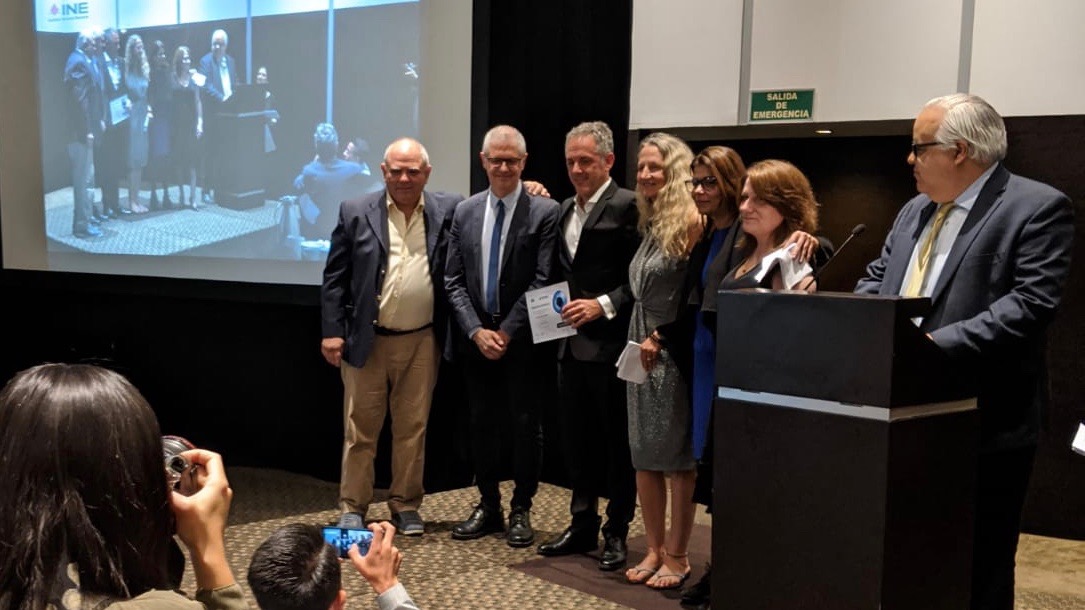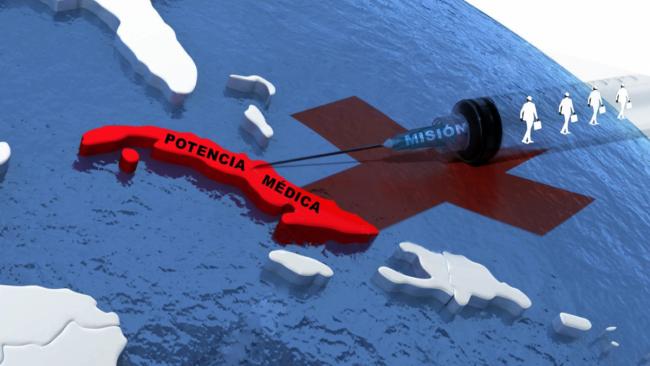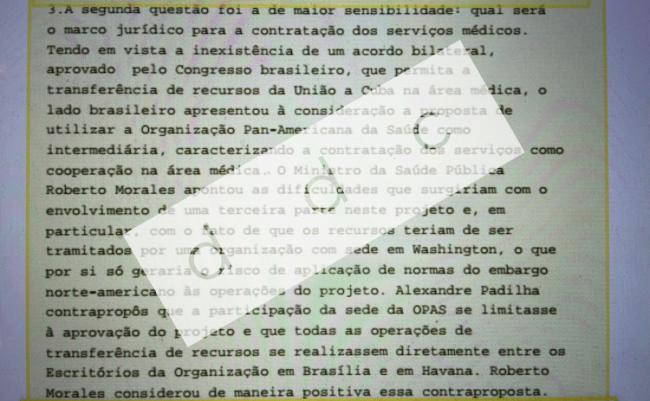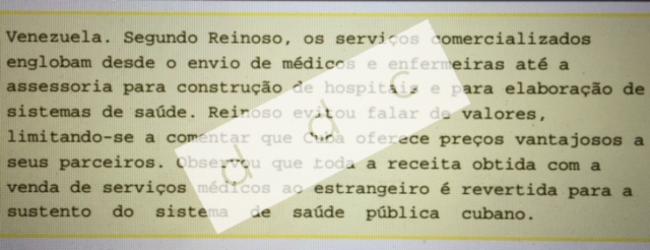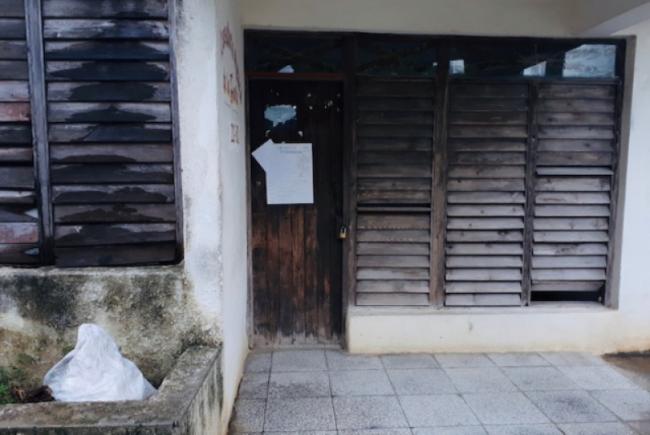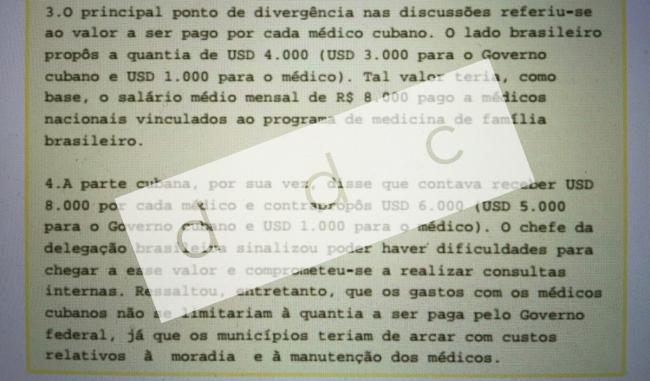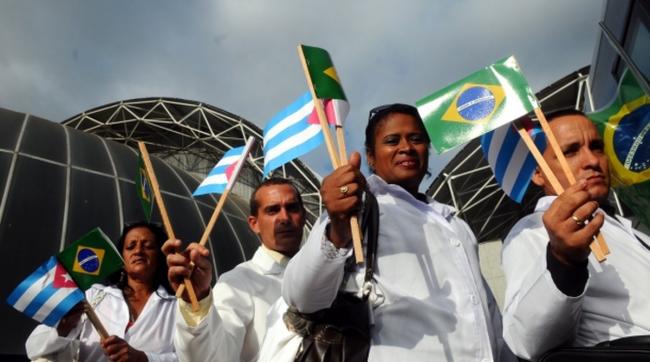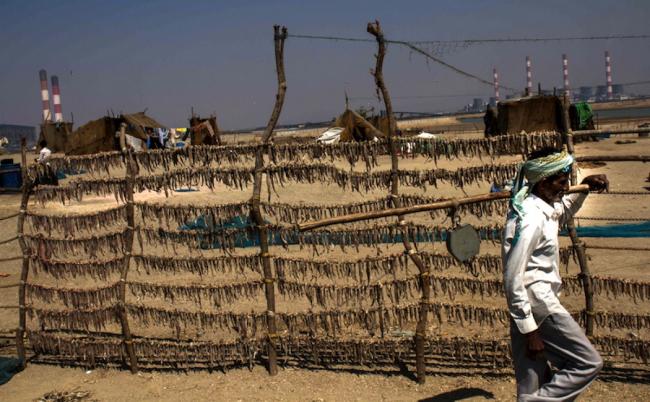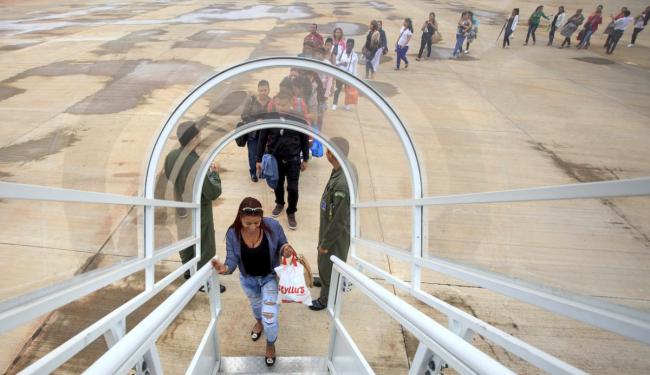The investigative work on the 'Más Médicos' Program, by the director of DIARIO DE CUBA, Pablo Díaz Espí; editor-in-chief, Mirta Fernández Laffitte, and the Brazilian journalist Marcelo Soares, received an Honorable Mention at the 2019 Javier Valdéz Latin American Prizes for Investigative Journalism.
The accolade, presented by the Latin American Conference on Investigative Journalism (COLPIN), is the most important of its kind in the region, and at this edition it recognized, for the first time, a work by Cuban journalists.
The series of reports "Programa Más Medicos: A Raw Deal for Cubans" (detailed below), published between November 2018 and early 2019, revealed, among other points, that the contracting of Cuban medical services in Brazil was hidden under purported "training" programs to keep from having to pay the professionals’ salaries, and that negotiations were conducted confidentially to avoid protests in Brazil's medical community.
It also disclosed that the Cuban Government retained more than 70% of the doctors' salaries, and the Brazilian Government agreed with this from the beginning.
As it showed, the governments of Cuba and Brazil used the Pan American Health Organization (PAHO) as an intermediary for the agreement between the two countries, to avoid political and legal entanglements, such as oversight by the Brazilian Congress.
The PAHO agreed to form part of the triangulation scheme "willing to make the necessary adjustments" at the last minute, and charged 5% on the Brazilian Government's payments to the public medical services company Comercializadora de Servicios Médicos Cubanos.
Havana and Brasilia also agreed that any doctors abandoning the program would not be able to work as professionals outside the framework of the agreement.
Through access to diplomatic cables between Havana and Brasilia, DIARIO DE CUBA found that the PAHO was incorporated into the More Doctors negotiations at the last second, and that the idea for the program did not stem from the Brazilian State, as announced by its authorities, but rather from Cuba, in order to bolster the regime's battered economy.
The series of reports evidenced coercion, mistreatment, and the theft of a large portion of each health professional's pay by the Cuban state, which has spawned lawsuits against the PAHO in US courts by exiled doctors, as well as the presentation of a bipartisan proposal in the United States Congress to reinstate the asylum program for Cuban doctors on official missions.
Internally, through an analysis of the Public Health Statistical Yearbooks, the journalists demonstrated that, while Cuba is the country in the world with the most doctors per thousand inhabitants today, there are fewer and fewer primary care physicians on the island.
The investigative work documented this contradiction and confirmed Cubans' perception of "dealing with a medical system not reflected by the official propaganda," the reporters explained, adding that while "in 2010 doctors assigned to Family Clinics totaled 36,478, in 2017 there were only 13,131 left; that is, a 64% drop in less than a decade.
At this 2019 edition of COLPIN, the work honored with the Javier Valdez Latin American Investigative Journalism Award was “El país de las dos mil fosas” (The Country of the Two Thousand Graves), by Alejandra Guillén, Marcela Turati and Mago Torres, leaders of the Quinto Elemento team, for an investigative piece on the discovery of an expanding number of clandestine graves in Mexico between 2006 and 2016.
The judging panel was made up of journalists Lise Olsen (USA), Giannina Segnini (Costa Rica), Ewald Scharfenberg (Venezuela), Fernando Rodrígues (Brazil) and Santiago O'Donnell (Argentina).
The Javier Valdéz Latin American Prize for Investigative Journalism pays tribute to the Mexican reporter assassinated in 2017. For 18 years COLPIN has recognized the fines works of investigative journalism appearing in the press, radio, television, and the Internet from sources across Latin America and the Caribbean.
